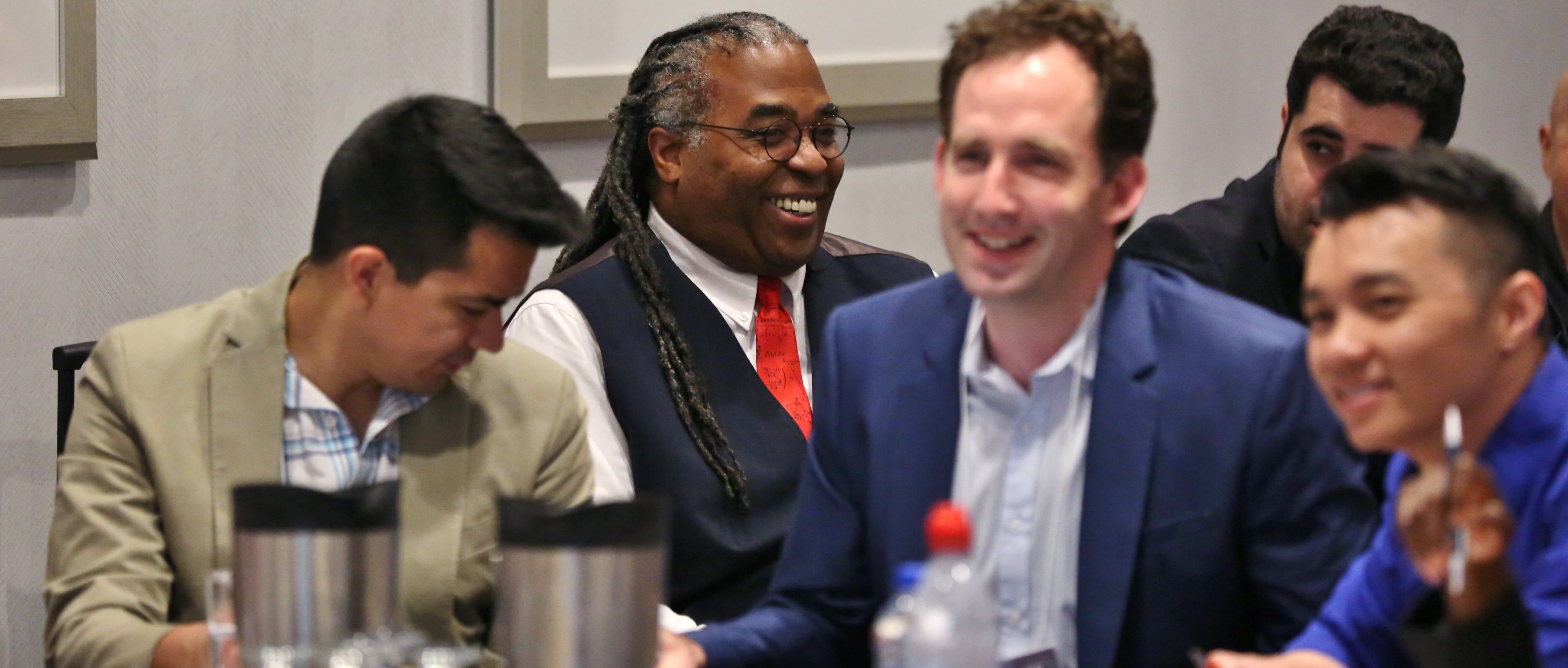New Report Highlights Experiences of Black Students, Staff, and Faculty in California Higher Education
FOR IMMEDIATE RELEASE:
Marybeth Gasman | marybeth.gasman@gse.rutgers.edu | 848-932-0848
New Brunswick, N.J., August 7, 2024 – The Samuel DeWitt Proctor Institute of Leadership, Equity, and Justice (Proctor Institute) is proud to announce the release of its latest report, “Wounded Healers: The Pandemic, Racial Battle Fatigue, and Higher Education in California.” The report examines the impact of the 2020 quadruple pandemic, a four-part interconnection of health crises, financial calamity, climate change, and racial violence, on the experiences of Black students, faculty, and staff in the California higher education systems. This report is part of a three-report research series focused on equity.
The report emphasizes the significance of acknowledging incidents of racial discrimination, increasing on-campus resources for Black students and faculty, and developing strategic plans and training resources for all campus professionals. According to the author, Khalid White, an African American Studies professor at San Jose City College, “ ‘Education, empowerment, and equity.’ The ‘3 E's’ are a personal and professional mantra that help guide my actions, both inside and outside the classroom.”
White added, “Surviving the tragedies of 2020 and enduring the current attacks on Diversity, Equity, Inclusion, and Accessibility (DEIA) have only solidified my commitment to continuing this work.”
“This report sheds light on the combined lasting effects of the pandemic and racial violence,” said Marybeth Gasman, Samuel DeWitt Proctor Endowed Chair and Distinguished Professor at Rutgers University. “Hearing directly from students and faculty at these institutions can open the doors for more support, resources, and initiatives not just now, but lasting into the future.”
According to the report, the racialized experiences of 2020 exacerbated already existing equity, inclusion, and belonging gaps in higher education. Students expressed that the impacts of the COVID-19 pandemic and the racial reckoning facing communities in the wake of George Floyd's murder had profound effects on their mental health. The impacts did not just stop at students; however, as the vicarious trauma that students felt and reported also extended to the staff, faculty, and campus personnel who were responsible for educating them.
Further, the report reveals that students and faculty surveyed in the study were experiencing what's now understood as Racial Battle Fatigue, the effects of which are feelings of “constant turmoil,” and negative impacts on concentration, emotional well-being, and stress levels. All these effects were felt with little to no help or guidance from the universities at which they worked or studied.
The report also provides recommendations for schools to mitigate the effects felt by Black students, staff, and faculty on their campuses. Recommendations for schools include funding campus-wide mental health resources and dedicated spaces, developing Anti-Racism strategic plans, and allowing Black employees and students the opportunity to share their experiences through exit interviews when leaving the university.
Find the report here.
About the Samuel DeWitt Proctor Institute for Leadership, Equity, and Justice
The Samuel DeWitt Proctor Institute for Leadership, Equity, and Justice (Proctor Institute) is a national center that focuses on issues of leadership, equity, and justice within the context of higher education. It brings together researchers, practitioners, and community members to work toward the common goals of diversifying leadership, enhancing equity, and fostering justice for all. The Proctor Institute is located at Rutgers University-New Brunswick, in the Graduate School of Education and, houses the Rutgers Center for Minority Serving Institutions (CMSI). For more information about the Proctor Institute, please visit https://proctor.gse.rutgers.edu/.

